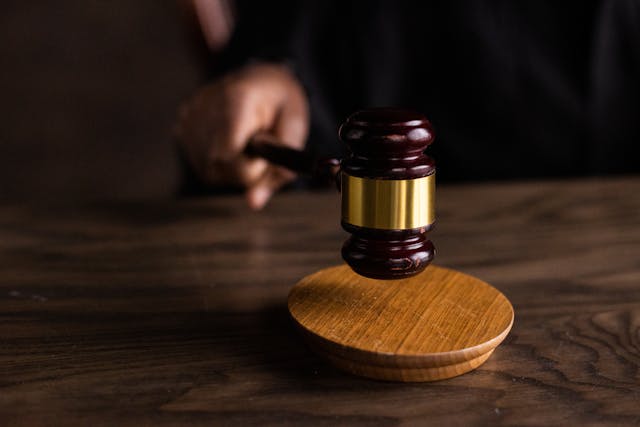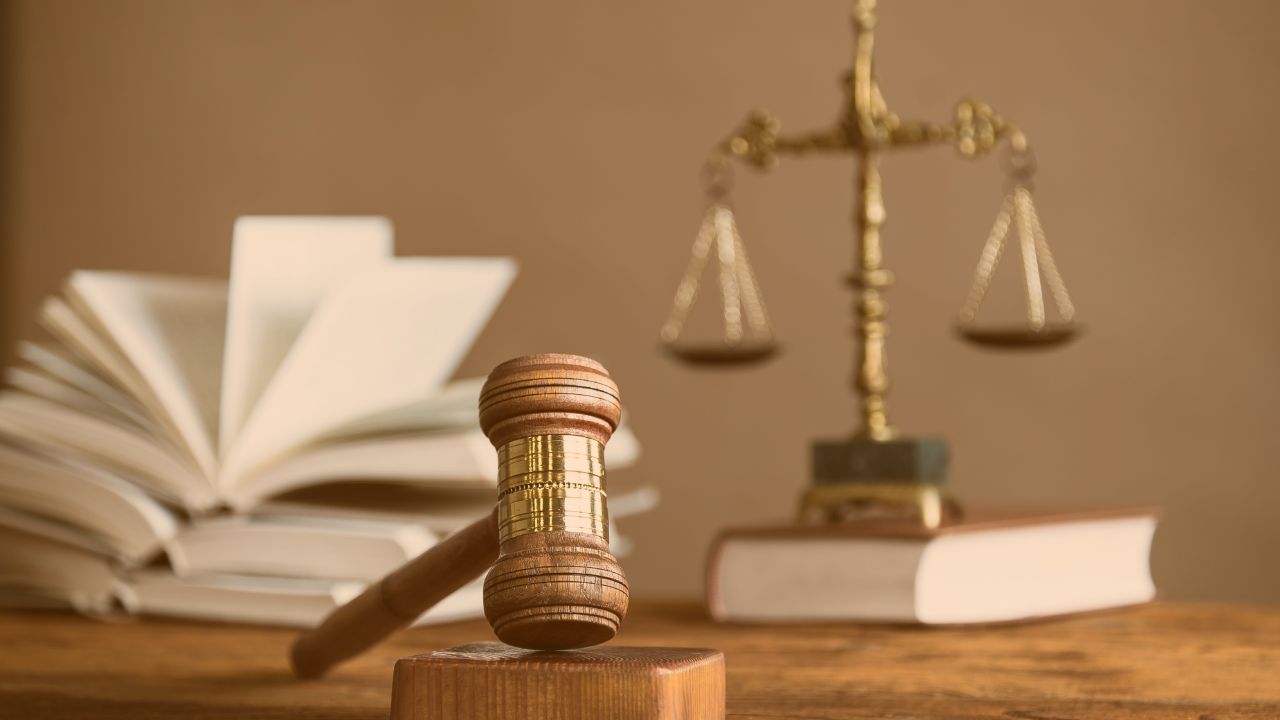Landlords in Colorado are required to abide by a certain set of rules. The state’s landlord-tenant laws provide a general guideline on landlords’ and tenants’ rights and responsibilities during a tenancy. As a landlord, you must familiarize yourself with its provisions to ensure a legal and profitable rental experience. The following are the key basics of the Colorado landlord-tenant laws:
What Disclosures Must Colorado Landlords Provide Tenants With?
In Colorado, a landlord must provide their tenants with two mandatory disclosures before they occupy the property. One of them is information regarding lead-based paint concentrations. The other disclosure requires that landlords include a statement about the dangers of radon gas in the property.
What Rights & Responsibilities Do Tenants Have Under Colorado Laws?
Colorado tenants have a right to:
- Peaceful and quiet enjoyment of the rental property.
- Be provided with information regarding lead-based paint and radon gas disclosures on the rental unit.
- Equal and fair treatment under Federal and State fair housing laws
- Have their security deposit returned at the end of their tenancy, and justification should be provided for any portion of the withheld deposit.
- Dispute any part of the eviction process or notices in Colorado small claims court.
- Live in a safe and habitable property that complies with the State of Colorado’s warranty of habitability.
- Break the lease early without any penalty under certain circumstances.

The list of Colorado tenant responsibilities includes the following:
- Keeping their rented premises clean, sanitary, and habitable.
- Pay rent on time.
- Using the provided facilities and appliances reasonably and for their intended purposes.
- Performing minor repairs and maintenance as may be specified under the written rental agreement.
- Promptly notify the landlord of any needed property repairs or maintenance.
- Caring for the unit by not causing negligent or careless property damage.
- Respecting the peace and quiet of other tenants or neighbors.
- Abiding by the terms of the lease agreement.
What Rights and Responsibilities Do Landlords Have in Colorado?
Colorado landlord-tenant law grants landlords the right to:
- Enter a tenant’s rented premises to carry out important functions, such as inspections, maintenance, and residential premises showings with provided written notice.
- Evict a tenant who fails to abide by the terms of the lease agreement.
- Evict tenants who fails to pay rent.
- Charge a refundable security deposit at the start of the tenancy.
- Make appropriate deductions to a tenant’s security deposit.
- Terminate a periodic lease or rental agreement after serving proper advance notice.
- Raise rent payment by a reasonable amount one time per year.
As for the responsibilities you have as a landlord, they include the following:
- Furnish the tenant with the lead-based paint and radon gas disclosures before they sign the lease.
- Abide by the Fair Housing law.
- Make reasonable efforts to re-rent the unit after a residential tenant breaks their lease.
- Notify the tenant before terminating their periodic lease.
- Abide by the state’s security deposit laws.
- Follow the Colorado eviction laws when trying to remove a tenant from their rented premises.

An Overview of the Landlord-Tenant Laws in Colorado
The following is a general overview of Colorado’s landlord-tenant laws:
Landlord Right to Entry
A Colorado landlord has a right to enter the tenant’s rented premises. However, there are certain rules that landlords must abide by to avoid potential harassment claims by the tenant. A landlord must have a legitimate reason to enter the unit. The reason must be specific, valid, and related to rental housing or written lease agreements.
Furthermore, although there are no prior notice requirements under Colorado laws, most landlords do provide their tenants with a reasonable advance written notice. A 24 hours’ notice usually suffices. Lastly, landlords will want to enter the rental premises during normal business hours. This is to prevent potential landlord harassment claims by the tenant.
Fair Housing Act
The Fair Housing law prohibits landlords from engaging in any discriminatory actions against tenants based on certain classes. Two sets of classes exist, at both the federal and state level.
At the federal level, there are 7 protected classes which include race, color, nationality, religion, familial status, disability, and sex. At the state level, Colorado extends the protections by adding marital status, source of income, veteran or military status, creed, sexual orientation, and ancestry.

Rent Increments
Colorado doesn’t have any rent control. The state law also prohibits local jurisdictions from enacting their rent control policies. Colorado law does require any monthly rent payments to be increased by “reasonable” amounts and a landlord can only raise rent one time per year.
There are some caveats to this, however. For instance, a landlord cannot increase it during a fixed-term lease, unless there is a provision in the lease agreement allowing for it. Also, landlords cannot increase it to discriminate against a tenant based on any of the aforementioned protected classes.
Security Deposits
Most landlords in Colorado require tenants to pay a security deposit as part of the initial move-in costs as it helps provide a financial cushion against certain negligent tenant actions that can hurt a landlord’s bottom line. With that said, under the security deposit laws, a landlord must observe certain rules in its collection and holding including:
- Charging the right limit, which is no more than the equivalent of 2 months’ rent.
- Only make allowable deductions from the tenant’s deposit such as to cover unpaid rent or negligent property damage.
- Return the deposit within 30 days one month after the tenant moves out. The lease can also specify a longer time, but it must not exceed 60 days.
Residential landlords must also be aware of any limits to charging a pet fee or any other nonrefundable charges.
Bottom Line
Observing the Colorado landlord-tenant laws in the day-to-day running of your rental property can help you build a solid professional relationship with tenants. For expert guidance on property management in Grand Junction, get in touch with Kokopelli Real Estate. We can help you in all aspects, from rental advertising, to lease agreements, to legal compliance. Contact our property managers today to learn more about our property management services!
Disclaimer: Please note that the information provided in this blog is intended for general guidance and should not be considered as a replacement for professional legal advice. It is important to be aware that laws pertaining to property management may change, rendering this information outdated by the time you read it.

